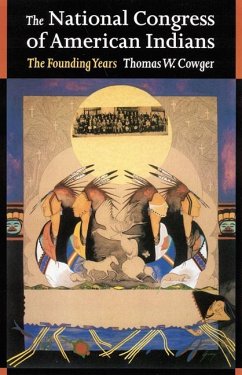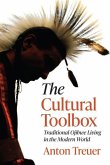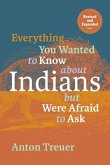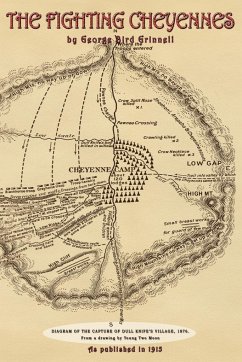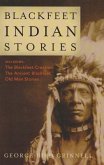Founded in 1944, the National Congress of American Indians (NCAI) is one of the most important intertribal political organizations of the modern era. It has played a crucial role in stimulating Native political awareness and activism, providing a forum for debates on vital issues affecting reservations and tribes, overseeing litigation efforts, and organizing lobbying activities in Washington. Prior to the emergence of other intertribal political groups in the 1960s, the NCAI was the primary political instrument for Native lobbying and resistance. It fought against government efforts to terminate the reservation system, worked to create the Indian Claims Commission, protected the rights of Alaska Natives, and secured voting and Social Security rights for Native peoples. The NCAI continues today, as in the past, to steer a moderate political course, bringing together and representing a wide range of Native peoples. The National Congress of American Indians is the first full-length history of the NCAI. Drawing upon newly available NCAI records and oral interviews with founding members, Thomas W. Cowger tells the story of the founding and critical first two decades of this important organization. He presents the many accomplishments of and great challenges to the NCAI, examines its role in the development of Native political activism, and explores its relationships to contemporaneous events such as the Cold War, McCarthyism, and the civil rights movement.

